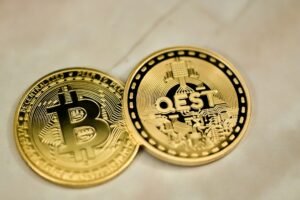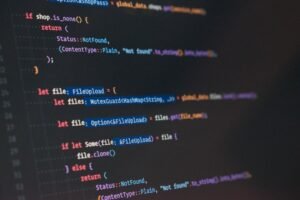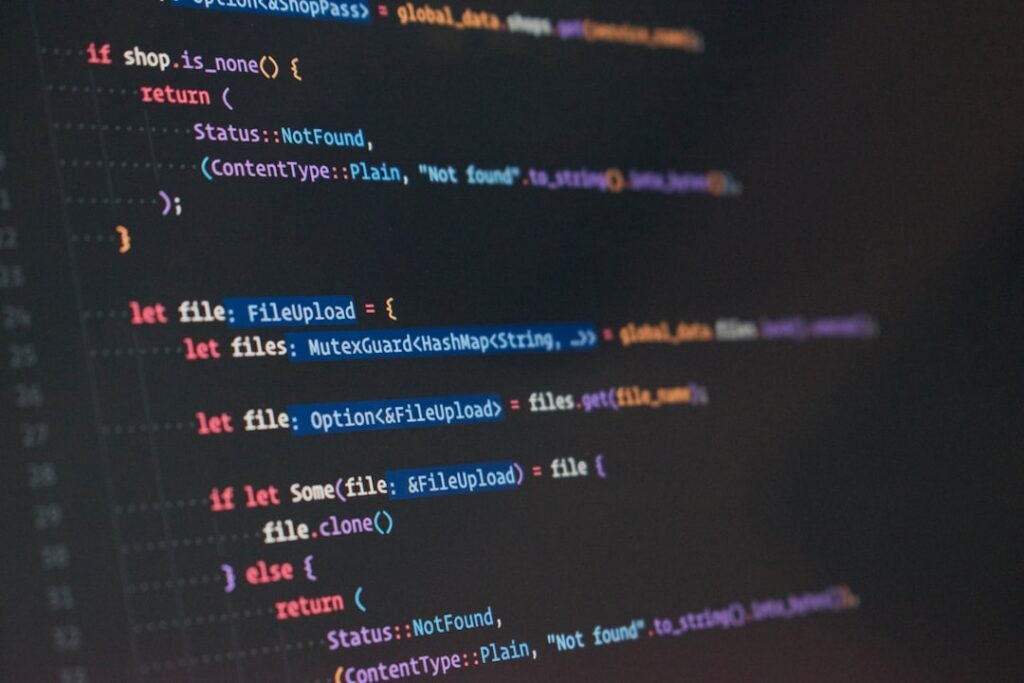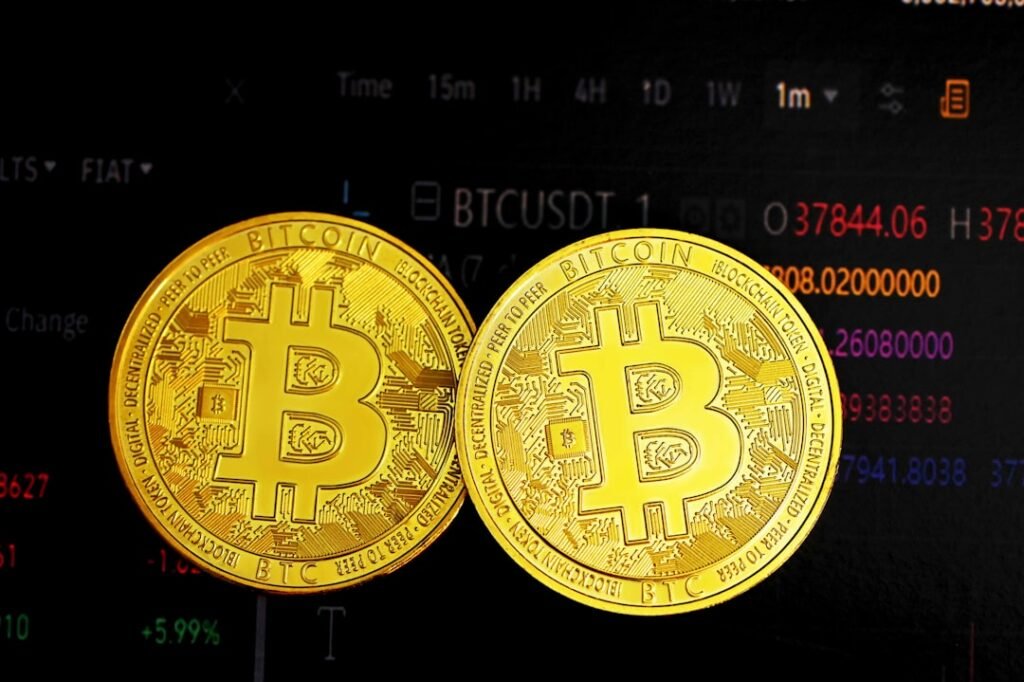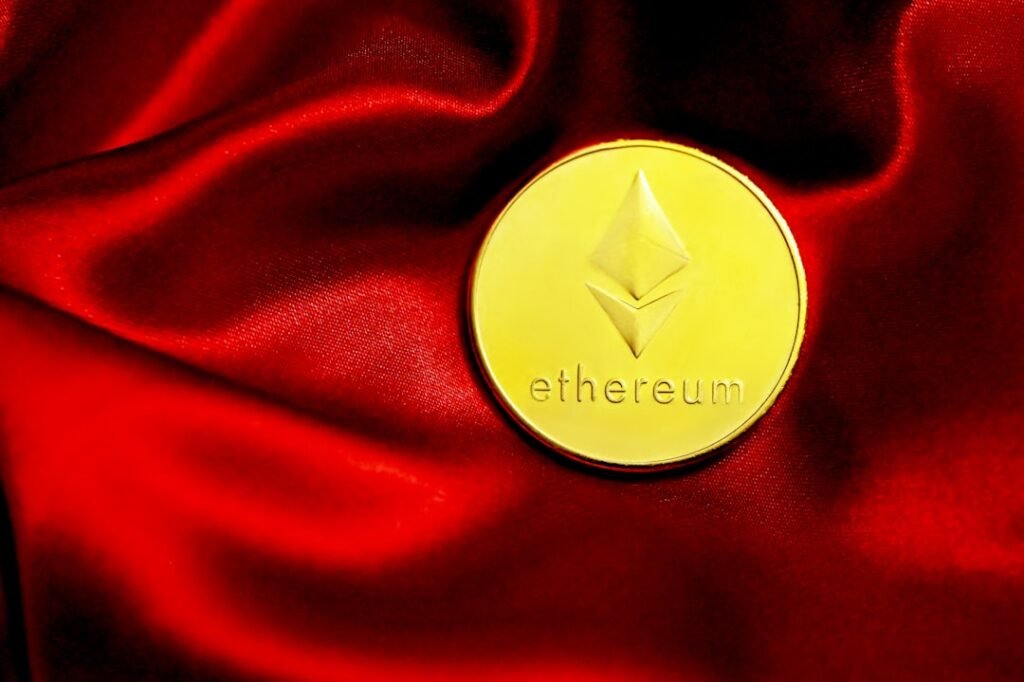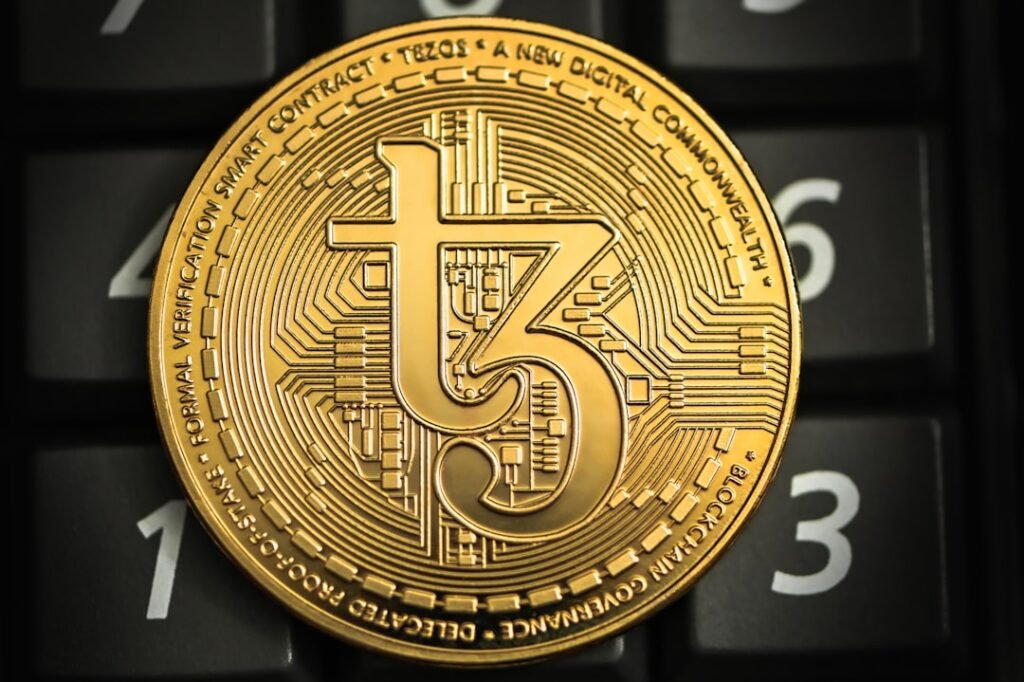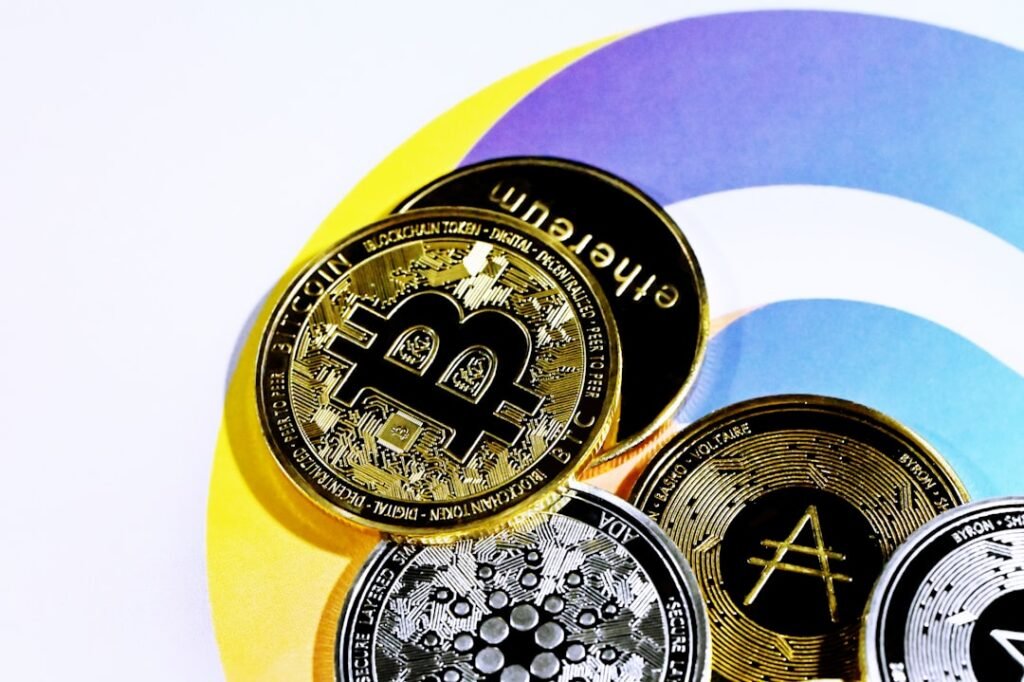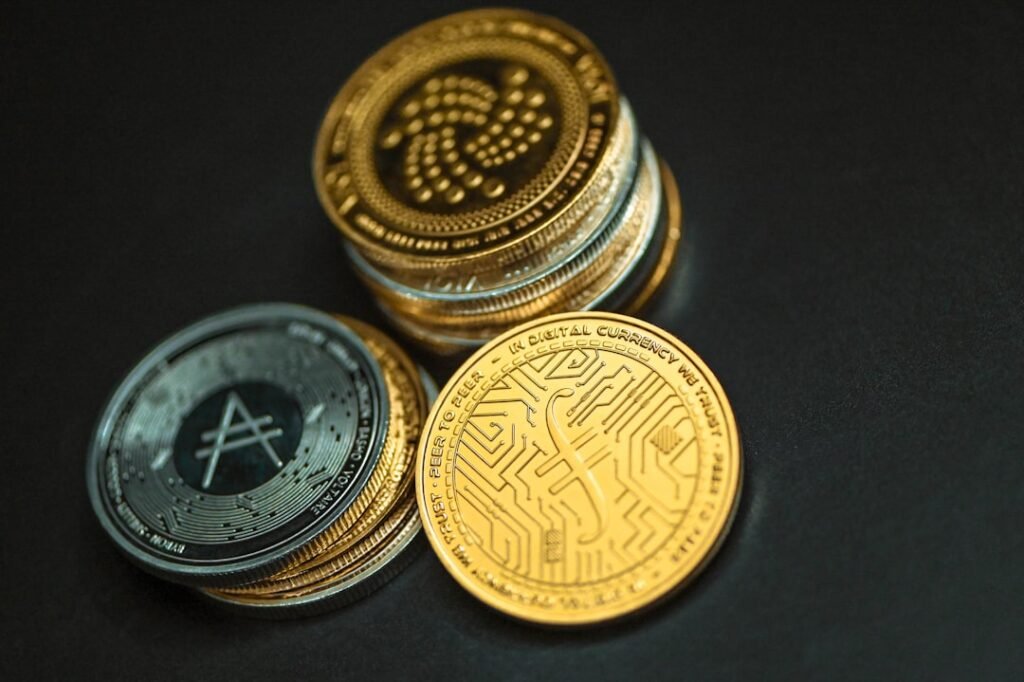How to Buy NFTs: Trading on Mainstream NFT Markets Like OpenSea
Non-fungible tokens (NFTs) represent one of blockchain technology's most revolutionary applications, transforming digital ownership across art, collectibles, music, gaming, and beyond. These unique cryptographic assets contain distinguishing identification codes that set them apart from any other token, granting buyers verifiable ownership rights to specific digital or physical items. Unlike cryptocurrencies such as Bitcoin which are fungible (interchangeable), NFTs cannot be equivalently substituted—making each one distinct and irreplaceable.
The process of buying and selling NFTs might appear complex initially, but it becomes straightforward once you understand the core steps and leverage trusted platforms. More importantly, knowing how mainstream NFT marketplaces operate helps you navigate transactions securely while avoiding potential scams.
Where to Buy NFTs: Understanding NFT Marketplaces
NFT marketplaces serve as specialized blockchain platforms facilitating the trading of non-fungible tokens between creators, collectors, and investors. Before these dedicated platforms emerged, connecting buyers and sellers was challenging. The rise of marketplaces solved this by creating centralized hubs where thousands of users could seamlessly mint, discover, bid on, and purchase digital assets.
Major NFT Marketplaces Compared
| Marketplace | Supported Blockchains | Primary NFT Categories | Transaction Fees | الأفضل لـ |
|---|---|---|---|---|
| OpenSea | Ethereum, Polygon, Base, Avalanche, Solana, Klaytn, Arbitrum, Optimism, Zora, Blast, Sei | Digital art, collectibles, domain names, music, virtual worlds | 2.5% on secondary sales; 2.5%-10% on primary drops | Beginners and general users |
| Magic Eden | Solana, Ethereum, Bitcoin, Polygon, Base | Gaming NFTs, Ordinals, collectibles | 0% listing fee; variable transaction fees | Gamers and Solana enthusiasts |
| Rarible | Ethereum, Solana, Tezos, IMX, Polygon | Art, collectibles, music | Regressive fees (0.5% to 7.5% based on price) | Multi-chain creators |
| Binance NFT | Binance Smart Chain (supports cross-chain) | Art, collectibles, events, mystery boxes | 1% platform fee + gas/network fees | Crypto exchange users |
| Foundation | الإيثيريوم | Curated 1/1 digital art | 5% | High-end digital artists |
| Nifty Gateway | الإيثيريوم | Music, branded drops, art | Variable | Mainstream buyers (credit card support) |
Key Platforms Explained
OpenSea
As the world’s first and largest NFT marketplace, OpenSea offers unmatched diversity across categories like digital art, collectibles, domain names, photography, and virtual worlds. Primarily Ethereum-based, it supports multiple blockchains including Polygon, Solana, and Avalanche. Users appreciate its intuitive interface, bulk listing tools, and creator royalty support. OpenSea charges a standard 2.5% fee on secondary sales.
Magic Eden
Initially launched for Solana NFTs, Magic Eden expanded into a multi-chain powerhouse renowned for gaming assets and Bitcoin Ordinals. Its community-driven approach includes rewards like Magic Ticket tokens for platform engagement. Key advantages include 0% listing fees and an emphasis on new project launches via creator launchpads.
Rarible
This community-centric platform stands out with its multi-chain interoperability (Ethereum, Solana, Tezos) and governance token $RARI. Holders participate in Rarible DAO, influencing platform upgrades. Rarible uses a regressive fee model—fees decrease as NFT prices increase (e.g., 0.5% for sales above $4,000).
Binance NFT
Integrated with the Binance crypto exchange ecosystem, this marketplace offers low fees (1% transaction fee), mystery boxes, and events. Users should note additional costs like gas fees, royalties paid to creators, and collection removal fees (0.50 ETH or 1.00 BNB).
Niche Platforms
- NBA Top Shot: Officially licensed basketball digital collectibles (5% seller fee).
- NFL All Day: NFL-focused collectibles with minimal fees beyond blockchain costs.
- CryptoPunks: Exclusive marketplace for the historic Ethereum-based Punks collection (0% platform fees).
Step-by-Step Guide to Buying NFTs
1. Set Up a Crypto Wallet
Your crypto wallet acts as both your NFT marketplace account and digital asset storage. Popular self-custody wallets include:
- MetaMask (browser extension/mobile)
- محفظة Coinbase Coinbase
- محفظة الثقة
Ensure your chosen wallet supports the blockchain used by your target marketplace (e.g., Ethereum wallets for OpenSea, Phantom for Solana-based Magic Eden).
2. Fund Your Wallet
Marketplaces require cryptocurrency for purchases and gas fees (transaction processing costs). Steps:
- Buy crypto (like ETH, SOL, or BNB) via exchanges like Coinbase, Binance, or Kraken using fiat currency.
- Transfer crypto to your wallet address. Critical: Select the correct network during transfer (e.g., Ethereum network for ETH) to avoid irreversible loss.
3. Connect Wallet to NFT Marketplace
Navigate to your preferred marketplace (e.g., OpenSea.io). Click "Connect Wallet" and authorize the link via your wallet interface. This enables signing transactions without exposing private keys.
4. Browse or Search for NFTs
Use filters to narrow searches by:
- Category (art, music, domain names)
- Price range
- البلوك تشين
- Collection traits (e.g., "Blue" for CryptoPunks)
Review NFT details thoroughly: ownership history, creator royalties, and authenticity indicators.
5. Purchase NFTs
Two primary buying methods exist:
Fixed-Price Listings
Click "Buy Now" for instant purchases. Confirm the transaction in your wallet, covering the NFT cost + gas fees.
Auctions
- Timed Auctions: Place bids above the current highest offer. If you win, the NFT transfers after auction closure.
- Dutch Auctions: Price starts high and decreases periodically until a buyer claims it at the current price.
Pro Tip: Always maintain enough crypto to cover the NFT price plus gas fees. Failed transactions due to insufficient funds forfeit opportunities.
How to Sell NFTs
Minting New NFTs
- Prepare Your Digital File: Art, music, or documents in marketplace-accepted formats (e.g., PNG, MP3, GLB).
- Access Marketplace Creator Tools: On platforms like Rarible or OpenSea, click "Create."
- Upload & Describe: Add files, title, description, properties, and unlockable content (for buyers).
- Set Royalties: Earn a percentage (e.g., 5-10%) on future resales.
- Choose Blockchain: Consider gas fees (Ethereum costs more than Polygon).
- Mint: Pay gas fees to tokenize your item on-chain.
Reselling Purchased NFTs
- Navigate to your collection in the marketplace.
- Select the NFT and click "Sell."
- Choose listing type: fixed price or auction.
- Set price/parameters and confirm. Royalties automatically route to the original creator upon sale.
Critical Considerations for NFT Traders
Gas Fees
These blockchain transaction fees fluctuate based on network congestion. Ethereum fees can spike during high demand—use Layer-2 solutions (like Polygon on OpenSea) for cheaper trades. Always verify fee estimates before confirming transactions.
Security Best Practices
- Avoid Phishing: Only connect wallets to official marketplace URLs. Bookmark trusted sites.
- Verify Contracts: Check NFT collection verification status (e.g., "Verified Collection" badge on OpenSea).
- Use Hardware Wallets: Store high-value NFTs offline via Ledger or Trezor.
Why Buy NFTs?
- Ownership & Provenance: Blockchain immutably verifies asset history and authenticity.
- Creator Support: Royalties provide ongoing income to artists.
- Speculative Investment: Some collectors profit from reselling rare assets.
- Utility: Gaming NFTs, event access passes, or community memberships offer functional benefits.
The Future of NFT Trading
NFT marketplaces continuously evolve. Layer-2 scaling solutions reduce gas fees, while cross-chain interoperability expands asset liquidity. Emerging trends like dynamic NFTs (updatable metadata) and token-gated experiences enhance utility beyond static collectibles. Platforms like Blur cater to pro traders with real-time analytics, while Nifty Gateway bridges Web2 users via credit card payments.
Despite market volatility, NFTs redefine ownership across industries—from real estate tokenization to academic credentials. By mastering trusted marketplaces and transaction mechanics, anyone can securely participate in this digital ownership revolution.

